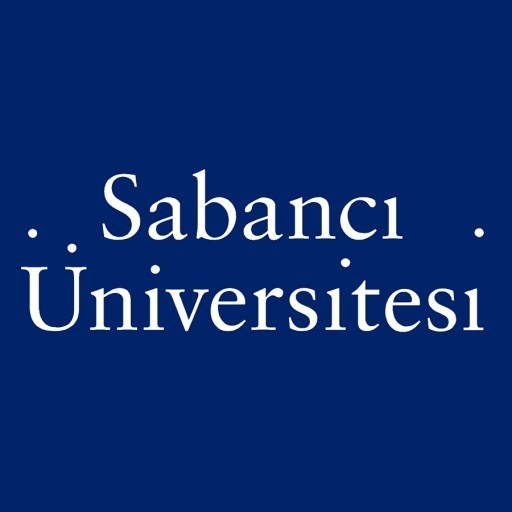Photos of university / #unibirmingham
Description
Advertisement
We offer research for the MPhil(Eng) and PhD degrees in the mainstream areas of signal processing, virtual reality and artificial life, educational technology, human factors, speech technologies, multimodal interaction, computer engineering, communications, control engineering, digital systems, power and solid-state devices and also in specialist areas such as acoustics and sonar, image processing, and high-critical-temperature superconductivity.
About ten per cent of our higher degree students work externally, employed full-time.
The research activities in electrical power, energy and control systems are closely linked to the interdisciplinary research of the Institute for Energy Research and Policy.
The new Power and Control Research Laboratory is active in development and demonstration of new energy saving and energy efficient control technology. Our research is supported by the funding from EPSRC, BCURA, AWM, and the industrial partners.
Key facts
Type of Course: Doctoral research
Duration: PhD - 3 years full-time, MPhil - 1 year full-time
Start date: Registration for PhD and MPhil study can take place at the beginning of any month
Contents
EECE has a long-standing international reputation in research related to Microwave Engineering and Radar Systems and to Power and Control, particularly in Rail Systems. Over the past decade, it has been investing in, and growing, research in areas related to Computer Systems Engineering.
Research themes
Microwave systems and devices
The primary (but not only) concern of this research centre is the development of devices and systems for communications and radar. The centre's research covers both basic science and applications. An example of basic science is the work on materials such as dielectrics, ferroelectrics and superconductors. This basic work is complemented by the development of devices such as new, passive and active microwave circuits for real world applications. In addition there is significant work on radar and communication systems.
Birmingham Centre for Railway Research and Education
The Birmingham Centre for Railway Research and Education brings together a multidisciplinary team from across the University to tackle fundamental railway engineering problems. The team actively engage with industry, other universities through Rail Research UK-A, and international partners. The centre also delivers the MSc postgraduate programme in Railway Systems Engineering and Integration.
Human computer interaction
Research at the HCI Centre includes intelligent interaction, natural interaction, utilizing speech, gesture, activity and emotion, social computing, digital economy, future digital technologies, fusing physical and virtual domains, mobile and ubiquitous computing, and the psychology of interaction.
Requirements
The normal entrance requirements for MPhil (Eng) or PhD study are a first degree equivalent to at least a good UK upper second class honours standard. English language competence should be indicated (if English is not your first language) by a TOEFL score of 550 or more, or IELTS score of 6.0 or more. As scholarships are limited, it is recommended that applicants seek adequate financial support prior to applying.
The degree requirements allow also for entry based on comparable ability, as indicated by a good UK MSc performance or a lower first-defree performance plus substantial relevant experience. For UK/EU applicants, full funding from the Engineering and Physical Science Research Council or from other sources can usually be arranged through the school. Overseas applicants should seek financial support from sources in their home countries and schemes such as ORS; supplementary funding for ORS award holders can normally be provided.
Decisions on EPSRC studentships are usually made in July or August and for ORS is early April. Please note that a PhD offer is required by the end of January to be considered for ORS, even if the start date for the PhD is later in the year.
English Language Requirements
IELTS band: 6 TOEFL paper-based test score : 550
IMPORTANT NOTE: Since April 2014 the ETS tests (including TOEFL and TOEIC) are no longer accepted for Tier 4 visa applications to the United Kingdom. The university might still accept these tests to admit you to the university, but if you require a Tier 4 visa to enter the UK and begin your degree programme, these tests will not be sufficient to obtain your Visa.
The IELTS test is most widely accepted by universities and is also accepted for Tier 4 visas to the UK- learn more.
Want to improve your English level for admission?
Prepare for the program requirements with English Online by the British Council.
- ✔️ Flexible study schedule
- ✔️ Experienced teachers
- ✔️ Certificate upon completion
📘 Recommended for students with an IELTS level of 6.0 or below.
Funding
For home/EU applicants, full funding from EPSRC or from other sources can usually be arranged through us; the closing date for EPSRC studentships is late June, please contact the School directly for more information. Alternatively email financialsupport@bham.ac.uk|.
International students can often gain funding through overseas research scholarships, Commonwealth scholarships or their home government.
Our research is supported by the funding from EPSRC, BCURA, AWM, and the industrial partners.
See the University of Birmingham Website for more details on fees and funding.








